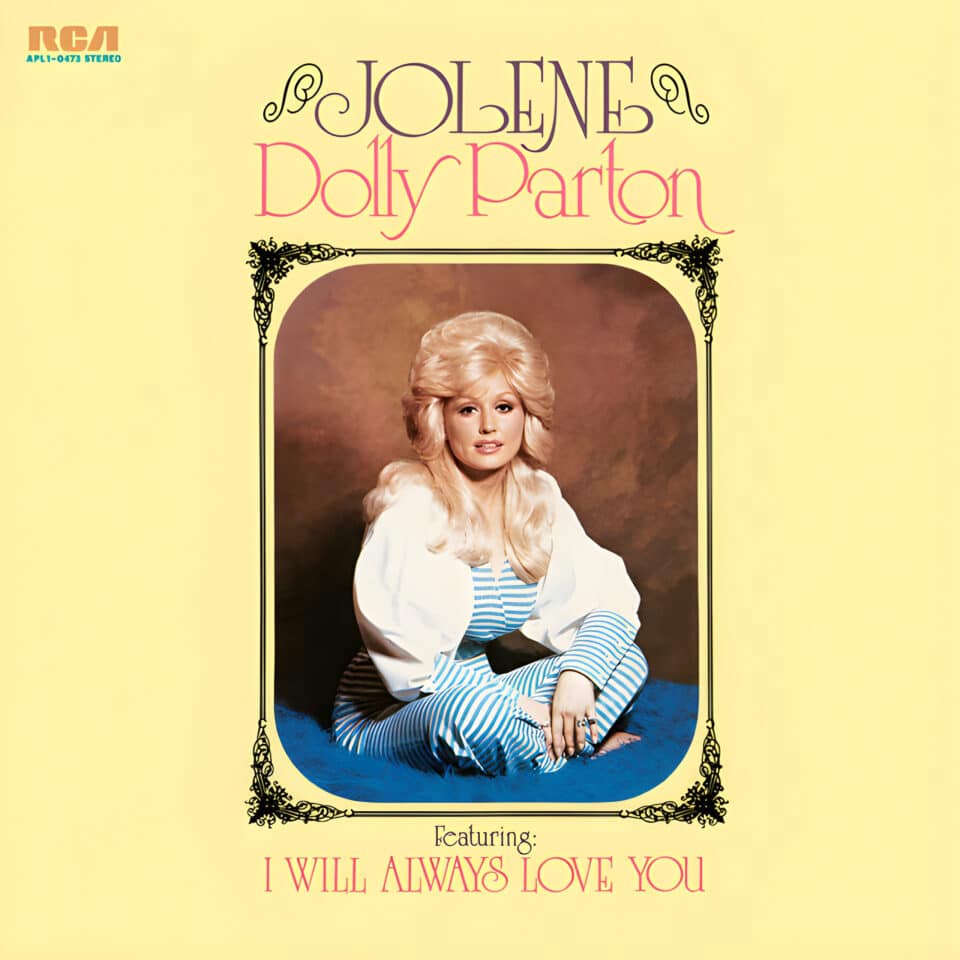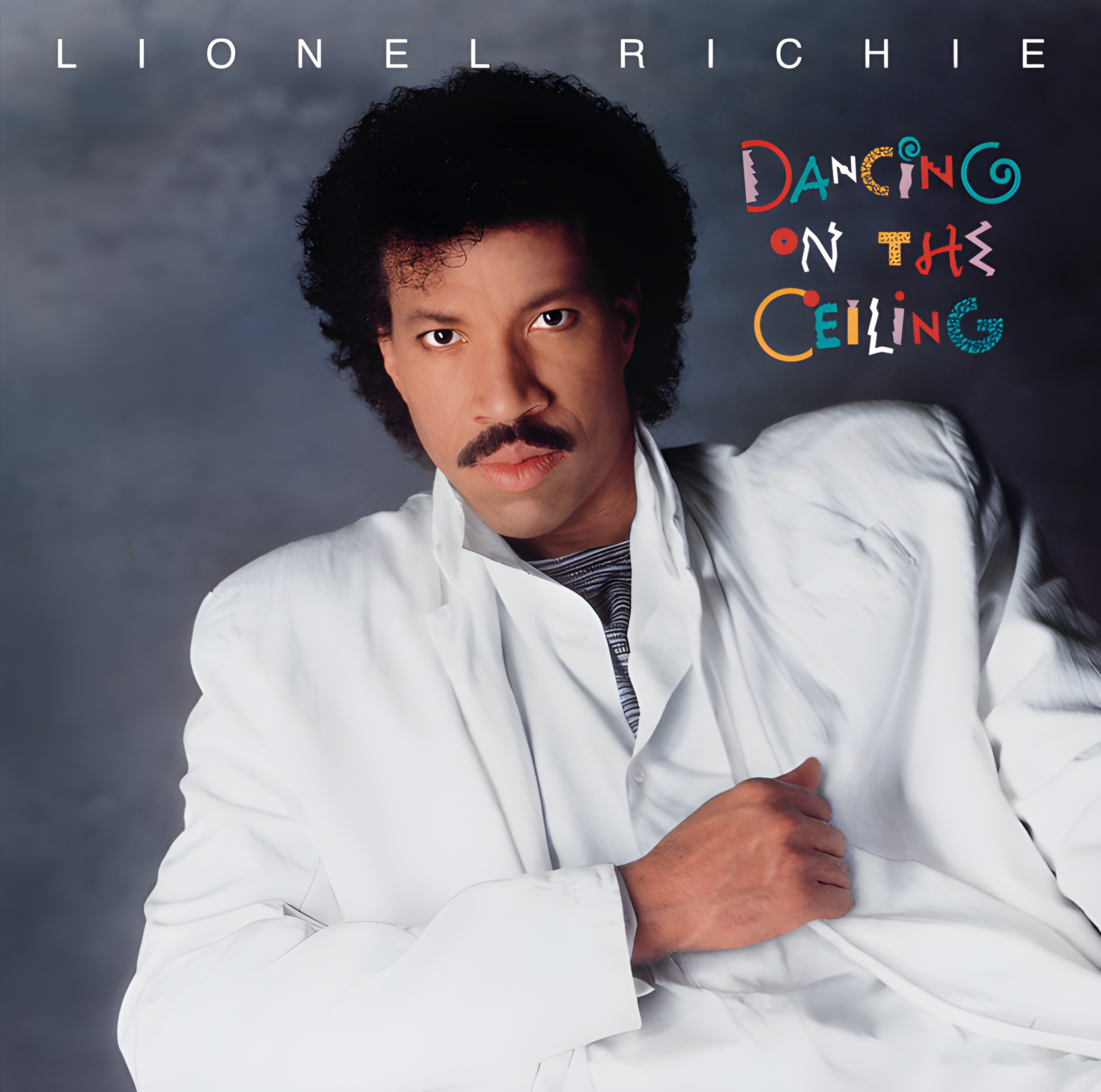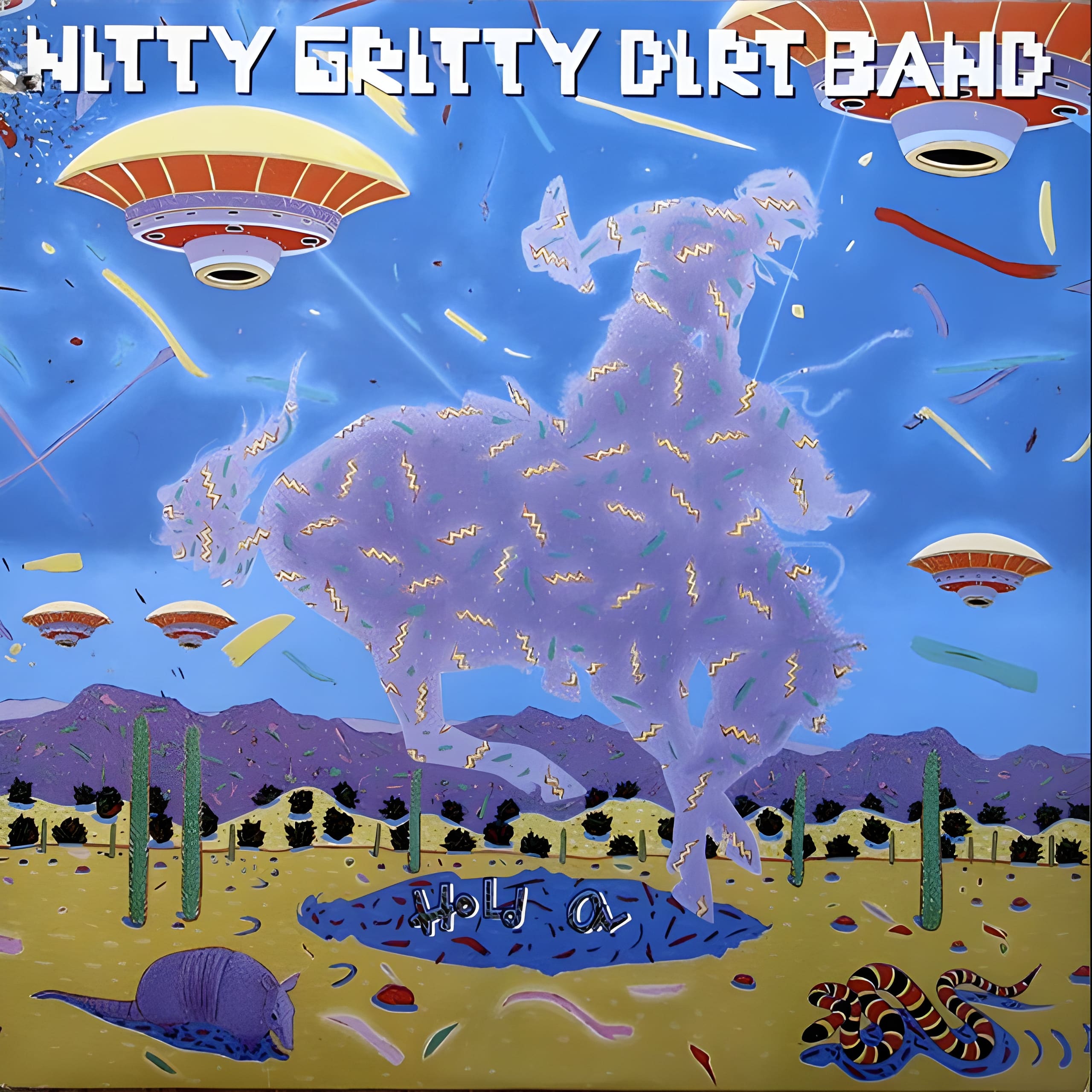Released: 1974
“Jolene” by Dolly Parton dives deep into the raw, vulnerable territory of love and jealousy. It captures a plea to the titular character, Jolene, asking her to not steal away the narrator’s beloved, highlighting the power and desperation of unrequited love wrapped in the elegance of Parton’s poetic lyricism.
The song opens with an almost chant-like invocation of Jolene’s name, setting a tone of urgency and desperation. This repetition isn’t just a call; it’s a plea, bordering on begging, which is underlined by the direct appeal, “please, don’t take my man.” The intensity of the plea is heightened by the acknowledgment of Jolene’s striking beauty, described in vivid detail with phrases like “flaming locks of auburn hair” and “eyes of emerald green.” Here, Parton lays bare the insecurity felt by the narrator, juxtaposing her own perceived ordinariness against Jolene’s exceptional allure.
What follows is the confession of a deeply rooted fear, not just of losing a lover but of being incomparable to Jolene. Parton articulates a universal vulnerability—“And I cannot compete with you, Jolene.” The mention of Jolene being the subject of the man’s dreams intensifies the narrator’s desperation, revealing the extent to which the fear of loss consumes her. Yet, amid this admission of insecurity and defeat, there’s an earnest plea for empathy, as the narrator tries to make Jolene see the depth of her love and what’s at stake for her.
The bridge of the song offers a slight shift in perspective, giving us insight into the narrator’s awareness of Jolene’s freedom and power in this love triangle. There’s an acknowledgment of Jolene’s ability to choose (“You could have your choice of men”), yet a heartfelt confession follows—“But I could never love again.” This moment of the song encapsulates the narrator’s emotional turmoil, caught between the inevitability of Jolene’s choice and her own unwavering love.
In closing, the repeated pleas to Jolene serve as a final, desperate appeal for mercy. The refrain “please, don’t take my man” isn’t just a plea but a stark reminder of the narrator’s vulnerability and the power Jolene holds over her happiness. Dolly Parton, through this masterful storytelling in song, taps into a deeply emotional vein, exploring themes of love, insecurity, and the complexities of human relationships, making Jolene a timeless piece that resonates with anyone who’s ever feared losing love to a rival.








